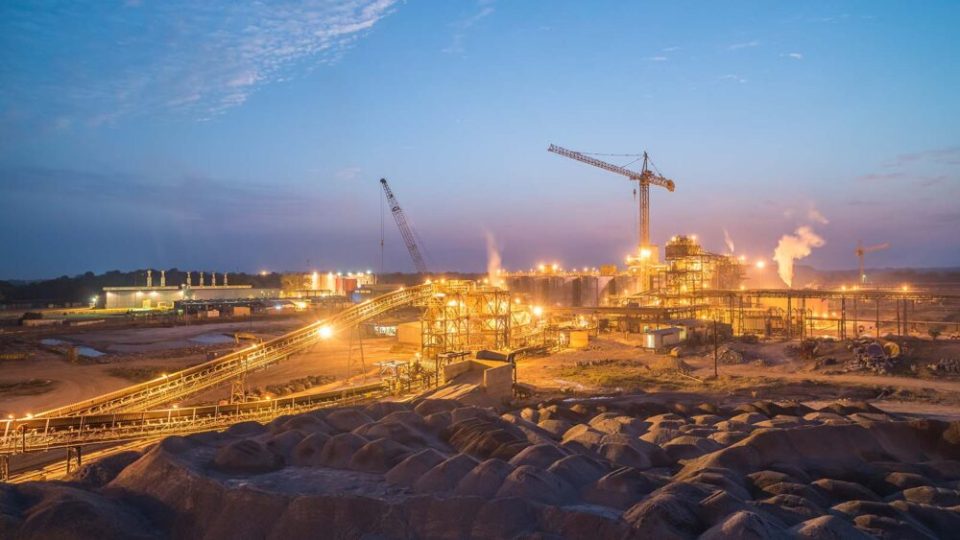In a significant escalation of tensions between Barrick Gold (NYSE: GOLD, TSE: ABX) and the Malian government, the Canadian mining giant has temporarily suspended operations at its Loulo-Gounkoto mining complex. This decision comes after the military-led government seized gold stock valued at approximately $245 million from the site, intensifying an ongoing dispute over revenue sharing from one of Africa’s largest gold producers.
The Loulo-Gounkoto complex, which employs around 8,000 people and contributes between 5% and 10% to Mali’s GDP, has been a focal point of contention. Barrick announced that it had “regrettably initiated the temporary suspension of operations” due to the government’s actions, which included transferring the seized gold to a custodial bank, effectively blocking its export and sale. This marks a troubling chapter in a series of confrontations between the Malian junta and international mining firms as the government seeks to increase its share of mining revenues.
The conflict traces back to a new mining code enacted by the military government in 2023, which mandates a larger revenue share for the state from foreign mining companies. Barrick has faced mounting pressure since last year when several of its employees were detained, and an arrest warrant was issued for its CEO, Mark Bristow. While other companies like Resolute Mining have reached settlements with the government, Barrick has struggled to negotiate terms that would allow it to continue operations without disruption.
The recent seizure occurred on January 11, when Malian authorities executed an interim order to confiscate gold stockpiled at Loulo-Gounkoto. This action followed months of restricted shipments from the mine, which have been halted since November. The inability to export gold not only jeopardizes Barrick’s operations but also has broader implications for local economies dependent on mining activities.
In light of these developments, Barrick’s management has expressed a commitment to engaging constructively with the Malian government. The company aims to find an amicable solution that would ensure the long-term sustainability of its operations while continuing to contribute positively to Mali’s economy and communities. However, with unresolved tax disputes and significant financial obligations, including an outstanding tax bill reportedly around $350 million, Barrick faces a challenging path forward.
Bristow previously indicated optimism about reaching a resolution with the Malian authorities, having received assurances that nationalization of Loulo-Gounkoto was not imminent. Nonetheless, as tensions rise amid increasing scrutiny of foreign enterprises by Mali’s military regime, part of a broader trend across West Africa, the future of Barrick’s operations in Mali remains uncertain.
Mali’s military junta, which seized power in 2020 amidst growing unrest and economic challenges, is under pressure to secure more substantial revenues from its rich mineral resources. The situation reflects broader geopolitical dynamics in Africa’s “coup belt,” where military governments are asserting greater control over lucrative sectors like mining.

